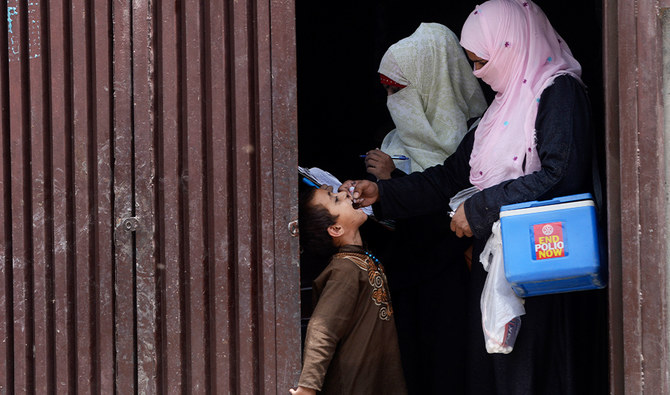
In the aftermath of the tragic attack on police officers safeguarding a polio team in Bajaur, it becomes imperative to reflect deeply on Pakistan’s ongoing battle against polio and the broader challenges it faces. Beyond the medical struggle, the recurring violent incidents signify a clash of ideologies, highlighting the urgent need for a more comprehensive approach.
Pakistan, standing as one of the last two strongholds of polio, has faced a tumultuous journey marred by these attacks. They are not mere acts of violence; they represent deep-seated fears and misconceptions about the polio vaccine, often manipulated by extremist elements. This underscores a battle that is not only medical but also ideological.
The key to overcoming this multifaceted challenge lies in a nuanced, empathetic strategy that addresses the root causes of hostility. Beyond bolstering security measures and vaccination drives, it demands a focus on community engagement and education. Mistrust in certain communities arises from a lack of understanding, exacerbated by misinformation. Therefore, involving local leaders, religious scholars, and influencers becomes crucial to dispel myths and advocate for children’s health.

Countering the narrative that polio vaccination is a western ploy necessitates a strategic communication approach. This involves not only dispelling myths but also building a narrative aligned with local cultural and religious beliefs. Awareness campaigns, led by the government, NGOs, and community-based organizations, should prioritize cultural sensitivity and linguistic appropriateness.
While the security of polio workers is paramount, militarizing the campaign is not a sustainable solution. Striking a balance between security and community integration is essential. Strengthening the overall healthcare system and ensuring its reach to remote areas can build trust in government-led health initiatives. Legal action against those attacking health workers is necessary, but it’s just one part of the solution. A comprehensive strategy is needed to address the ideologies fueling violence, requiring cooperation from religious and community leaders to denounce and counteract misinformation.
On a global scale, Pakistan’s struggle against polio is not just a national issue; it’s a matter of international public health. The world’s proximity to eradicating polio means setbacks in Pakistan have global health security implications. International support should extend beyond funding to sharing expertise and best practices.
In conclusion, the fight against polio in Pakistan is complex, involving more than just vaccination. It’s a battle against misinformation, fear, and deep-seated mistrust. The government’s commitment to eradicating polio is commendable, but a holistic approach, combining security, education, community engagement, and empathetic narratives, is crucial. Only then can Pakistan safeguard its future generations from polio and the darkness of ignorance and fear.